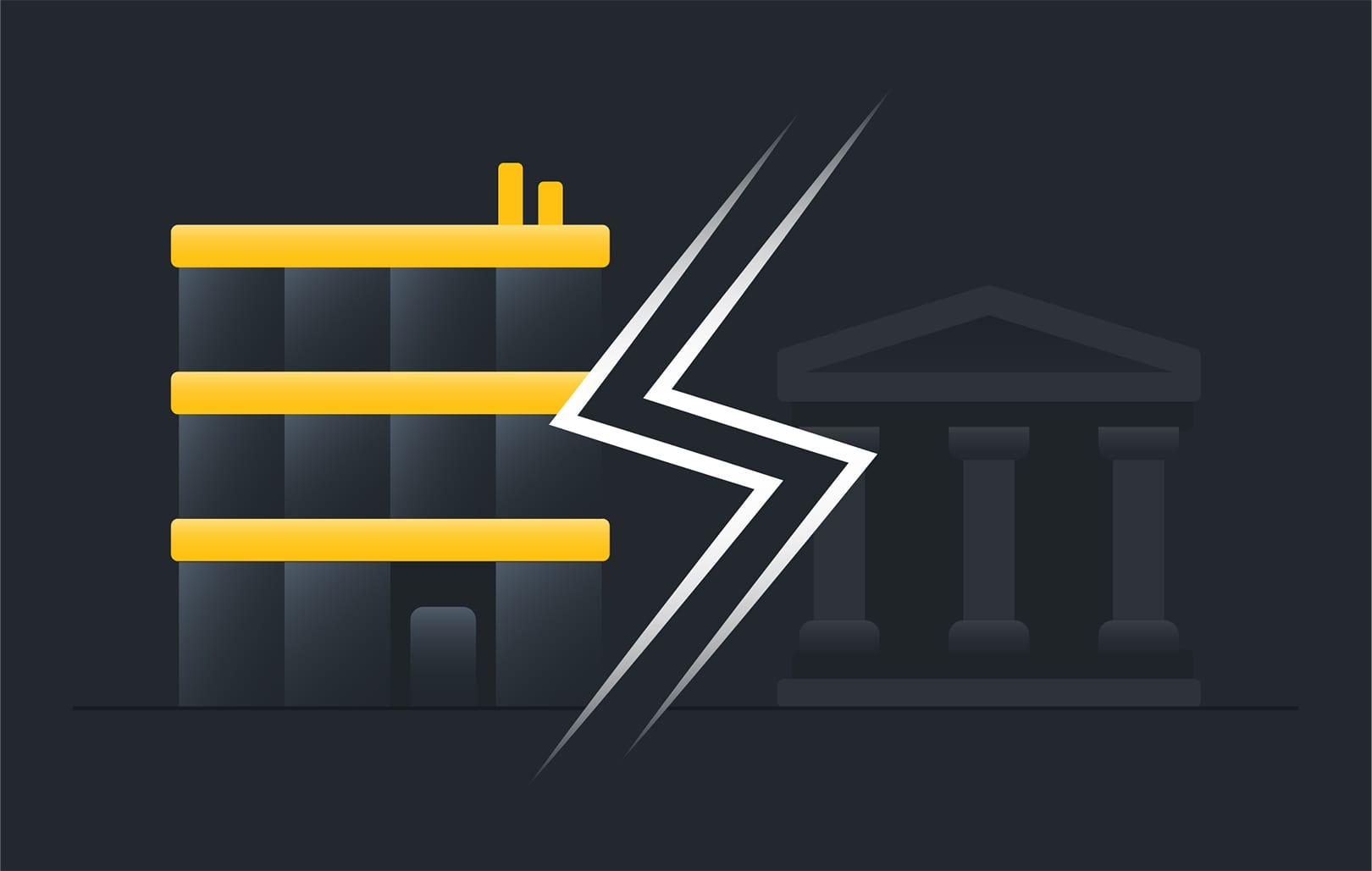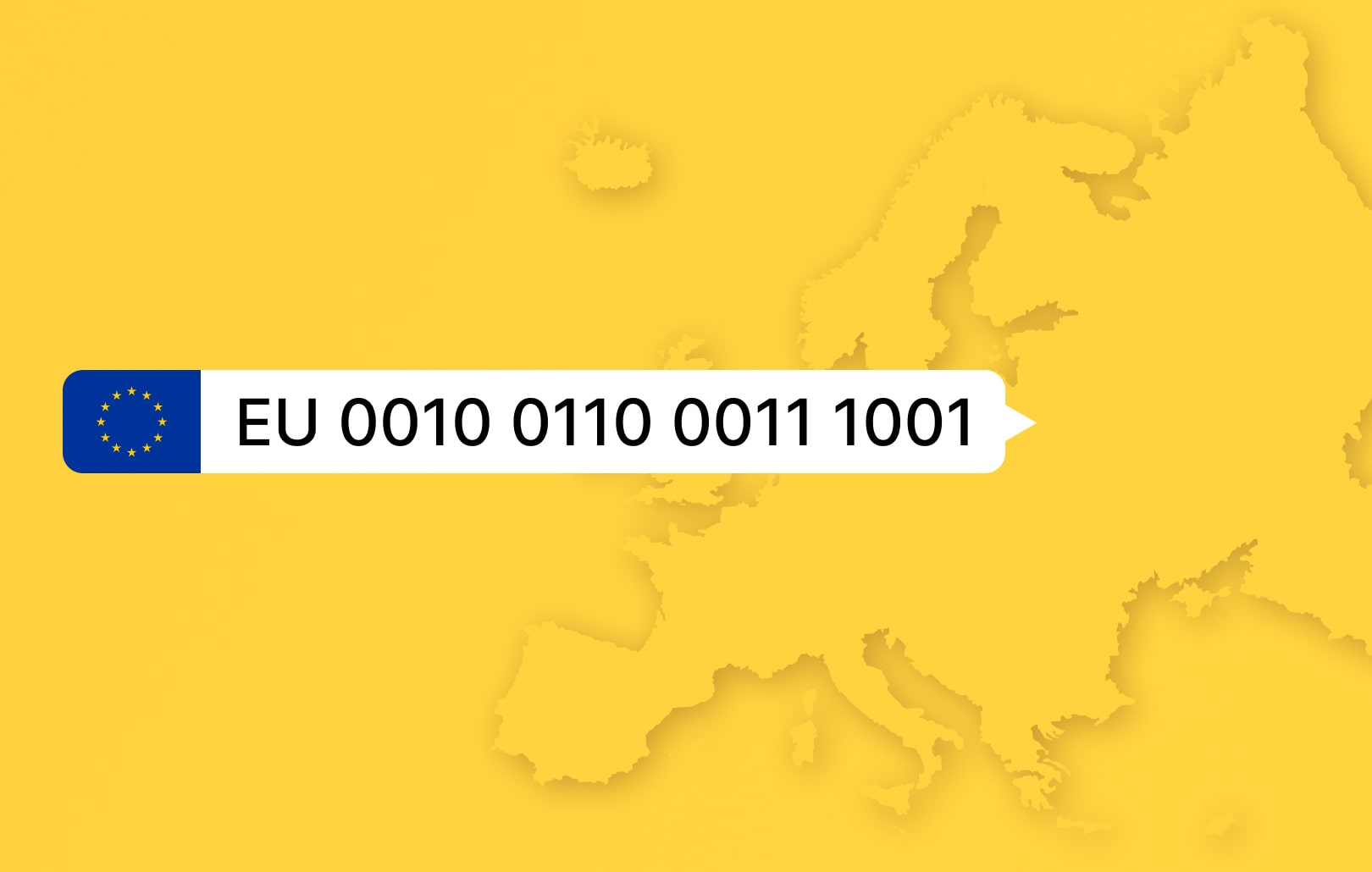Why is an EMI Better Than a Bank in 2020

Banking institutions have always been perceived as reliable and stable, but lately they began to head towards the direction of outdatedness. The new market players, such as electronic money institutions, or EMIs, are providing better services granting customers control and immediate access to their electronic money; their solutions are often better and safer than those of the banks. Let’s see the benefits of using an EMI over a standard bank by the example of SatchelPay.
Higher Security of Your Funds
While EMIs can provide you current accounts, banking apps, and cards, they are not banks per se and have to produce constant reporting to regulators for what concerns the storage and management of funds. They are required by legislation to store clients’ funds on a segregated account in a central bank of the relevant jurisdiction. SatchelPay holds all funds on a separate account in the Central Bank of Lithuania, where their protection and integrity are guaranteed by the country’s government.
Banking institutions as we know them store funds in their own depositories, and in case the bank pops, your savings are only warranted by insurance. Needless to say that the terms of the latter are often not so beneficial for the side that has suffered damage. In case of the bank’s collapse, it is very likely you won’t be able to get out more than 100,000 euros of your savings. For lots of people and businesses loosing such a big portion of their assets might be fatal.
Your Money is Actually Kept There
For a few hundred years, the financial model of banks was clear to everyone: you borrow money from some, lend them to others, and keep the change. In reality, it means that if you put some funds onto a bank account, they are almost instantly given to someone as a credit, and your account is only left with a promise to return your funds.
SatchelPay doesn’t open credit accounts, offer loans or give money to third-parties. If you top-up your current account, the funds go to the actual account and are held there until you buy yourself a coke or withdraw some cash in an ATM. Not only you are sure of the real possession of your money, but in an unlikely event of the institution going out of business, the company will be able to pay everything back to you instantly, with no hesitation.
Top-of-The-Line Compliance
EMIs are quite a new thing in the banking ecosystem, and their hands are not tied together by ancient legacy. While all electronic money institutions comply with KYC and AML requirements, that are often stricter and more complex than those for the banks, their newly-developed compliance software uses the latest technologies for smart automated monitoring, suspicious activity detection and so on and can disable any malicious attack automatically, in seconds.
For the end-users, it also means much faster management of the account and fewer steps required to do any significant actions.
Digital Age Product Built for Digital Age People
Modern financial service providers don’t let compliance limit their innovation. They know how products we love work and bring the things we love to modern banking. Sleek and fast mobile apps that give an instant overview and easy access to all operations, full spectrum of current account services online, 24/7 professional support and other things that are essential to satisfy modern financial needs are brought in to the banking sector by EMIs like SatchelPay.
***
When it comes to safe and fast everyday transactions, EMIs are ahead of modern banks. The latest advancements in fintech, IT and design, together with high competition, drive financial service providers to develop better, faster and safer products for customer use. Join SatchelPay for a taste of cutting-edge Digital financial services suitable for your needs.





